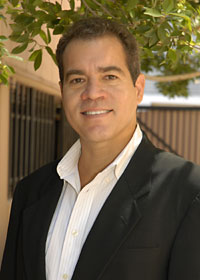Lack of money and time. Lack of buy-in. Competing demands. Lack of training and skills. Lack of authority. Lack of research capacity. Ever-changing requirements from accreditors, funders and licensing bodies.
These were the major challenges reported by 16 quality professionals working in social service agencies in St. Louis. The findings are from a qualitative interview study published this week in the journal with the bad name, Administration and Policy and Mental Health Services Research.
Dr. Luis E. Zayas was the first author (I was involved in the research).
This was the third (and final) article from this study that took a first and limited look at the private social service quality professional workforce. The first paper looked at what the QI pros did in their work. The second looked at the workforce. The three papers, together, show a workforce of agency veterans, but often new to QI. They face a tough road learning a new field in agencies strapped for cash, among coworkers who don't fully understand what this QI thing is all about, supervisors who often don't know enough to teach them, and with stretched budgets. These 16 QI pros were doing very different work in their agencies. For example, some were doing lots of surveys and others were doing lots of chart reviews. Some QI pros could tell great stories of how they made things better and some could tell no such tales.
The study also points out the need for better data on this workforce. The National Study of Quality Professionals, now in the field, is designed to help fill that gap. If the national study confirms some of the findings from this small qualitative study, then the social service QI field is in need of an upgrade, at least in terms of the training and coaching offered to these service professionals trying to make a difference in their agencies.

